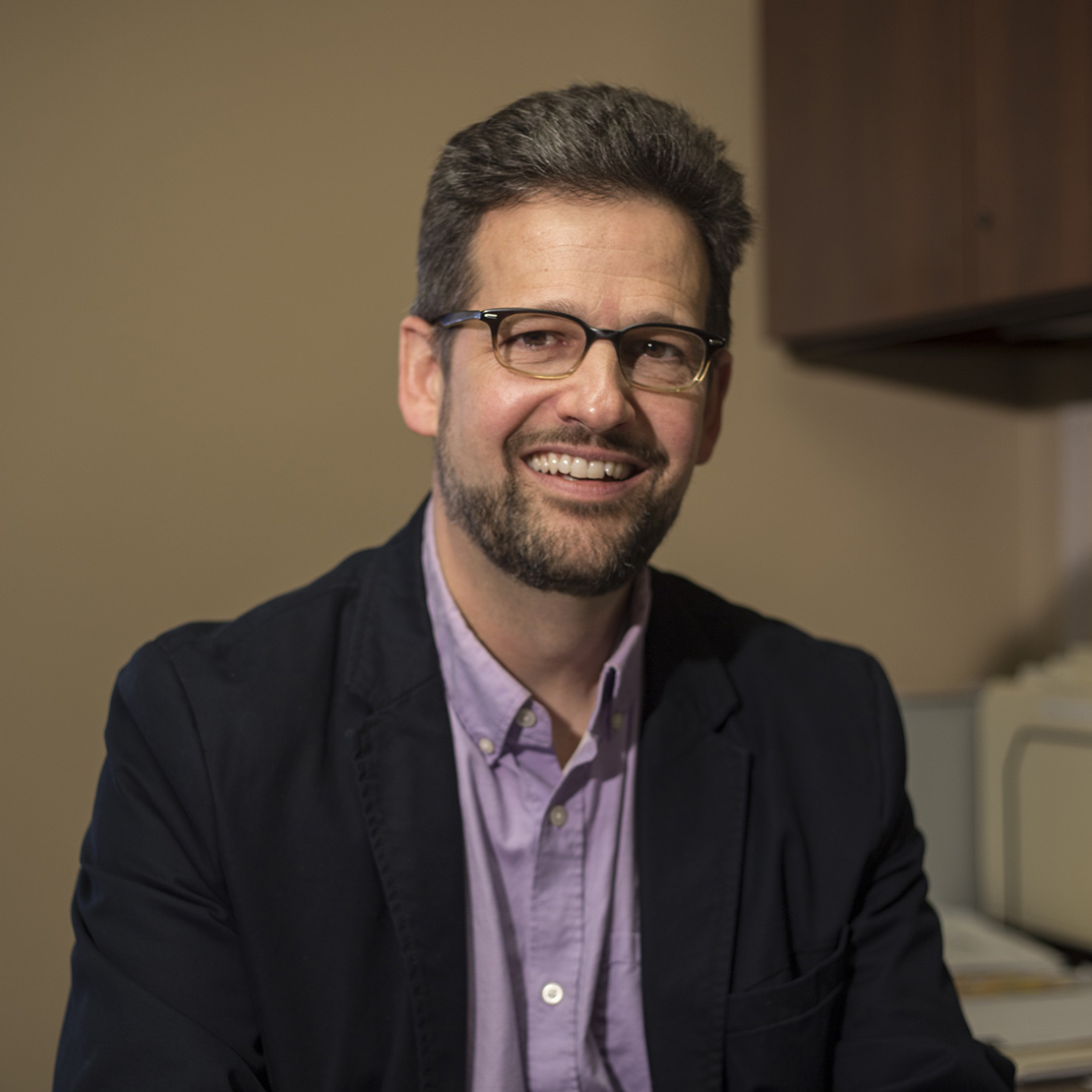launched by ¬È∂π¥´√Ω‚Äôs Wick Poetry Center and the University of Arizona‚Äôs Poetry Center to promote the COVID-19 vaccine through art, will soon become a staged theatrical production.
The performance, titled will have its opening night at 7 p.m. on Oct. 24, in the 700-seat auditorium of the National Academy of Science in Washington, D.C.
How the poetry project, which then became a book, headed to the stage is a series of serendipitous events, explained David Hassler, director of . 
The original poetry project met with immense success, with submissions from all 50 U.S. states and more than 100 countries across the globe. Hassler; Tyler Meier, director of Arizona‚Äôs Poetry Center; and nationally renowned poet , whose own poem kicked off "Dear Vaccine," then edited the 2,000 submissions into the book released in April by The ¬È∂π¥´√Ω Press.
“It’s the crazy gift that keeps on giving,” Hassler said. “This project just hit a nerve. The book was in its third printing before it was even released.”
Media coverage of the book’s release, , caught the attention of staff at the National Academy of Sciences, who invited Hassler and Meier to give a presentation on the project in June.
When asked during the presentation about his aspirations for the global poetry project, Hassler remarked that he would love to see the effort be staged in some way. Not long after, he was contacted by the academy’s director of cultural programming asking if the organization could premier the production in its theater in October.
Hassler said he has seen how much more moving poetry can be for an audience during live readings and he felt that the deeply personal and emotional connections to the pandemic people shared in the global poem would make perfect fodder for some type of live performance.
“That was about four weeks ago, and we start rehearsals this week,” Hassler said, describing the speed with which the project has taken off.
The Ohio Arts Council blessed the project with a $15,000 grant to help its launch and pay the three actors involved, two of whom are Kent State alumni.
Hassler created a first draft of the script and then enlisted the help of Cleveland theater professional Eric Schmiedel, with whom he had worked on other projects. Schmiedel, who earned his bachelor’s degree in English at Kent State in 1989, also is serving as director of the production. Actors Calil “Just C.O.S.” Cage, a 2021 Kent State graduate, and Bryce Evan Lewis complete the cast, with Ambre Emory-Maier, Kent State associate professor of dance, serving as the show’s movement director.

Hassler constructed the performance around four main themes: We love, we grieve, we praise and we hope.
Schmiedel explained that within each of the four sections, there will be movement, music and poetry. Following each section, there will be the opportunity for the audience to use their cellphones to take part in continuing the creation of poetry, based on their thoughts and feelings prompted by the performance.
The show will end with a community poem created in real time, Hassler said, explaining the interactive nature of the event, which will put a focus on mental health and wellness issues.
“We want to help people process and make sense of the disruption to their own lives, their own grief, with a ritualistic way of a shared creative experience,” he said.
Jeffrey Hallam, Ph.D., associate dean and professor in Kent State’s College of Public Health, found out about the performance while chatting with Hassler at an administrator’s retreat, and has since organized to use the event to conduct research on vaccine confidence and mental health.
He said attendees will be surveyed before and after the performance on three areas: vaccine confidence, their emotional distress and social isolation, to see what influence the artistic experience has on their well-being.
Hallam said the research project is being conducted in conjunction with Kent State’s College of Public Health, Department of Sociology, College of Nursing and College of Communication and Information.
Later this fall, the production will be offered to as many as 15,000 attendees at the American Public Health Association’s 2022 Annual Meeting in Boston, he said.
Responses from that presentation and those from the premier performance will form the basis for a pilot study he hopes will expand in 2023 as performances continue.
“We’re hoping to learn where people were before and after this experience in terms of social isolation and vaccine confidence,” he said.
Hallam said mixing art with science often produces great benefits, when it comes to addressing issues such as mental health and isolation.
Hassler hopes to build an archive of the community poems created as the production is staged in other areas. He also anticipates seeking funding to help stage the performance for middle and high school students as well as caregivers, who played such a vital role during the pandemic.
Schmiedel said creating new poems at each performance helps to keep the global poem alive and growing with new perspectives as the pandemic changes. “A lot of the poems were constructed in 2021; we’re at a different place in the pandemic now,” he said.

The National Academy of Sciences will film the stage production and make it available online as a livestream.
to get free tickets to the Oct. 24 performance or to register to view the livestreamed version of the performance.

